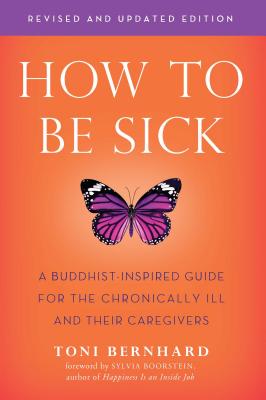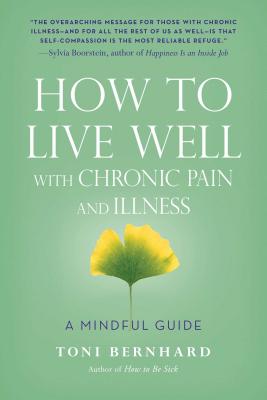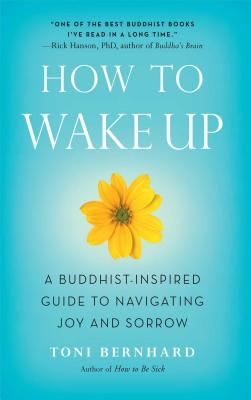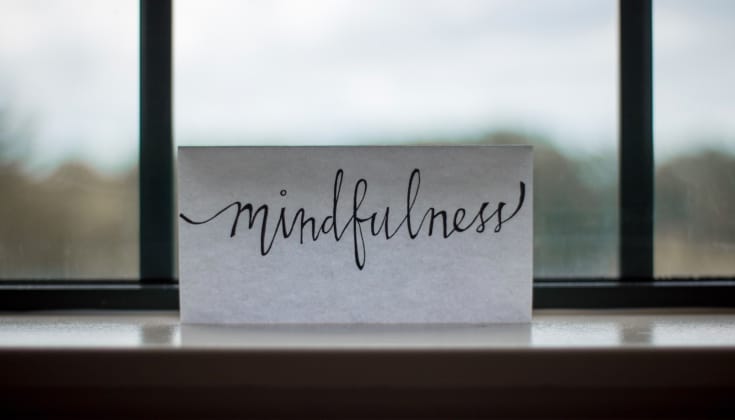Toni Bernhard is the author of the award-winning How to Be Sick: A Buddhist-Inspired Guide for the Chronically Ill and Their Caregivers and How to Wake Up: A Buddhist-Inspired Guide to Navigating Joy and Sorrow. Her newest book is called How to Live Well with Chronic Pain and Illness: A Mindful Guide. Before becoming ill, she was a law professor at the University of California—Davis. Her blog, “Turning Straw Into Gold” is hosted by Psychology Today online. Visit her website at www.tonibernhard.com.
Toni Bernhard
Books



Recent Articles
Alone Together
How do we take the sting out of loneliness? Toni Bernhard suggests friendliness, compassion, empathetic joy, and equanimity.
Illness and the Buddha’s Prescription
The Buddha knew that illness is a natural part of human life. Toni Bernhard shares how the first noble truth has helped her gracefully accept being chronically ill.
When Plans Go Awry, Eat the Blame
Have your plans ever worked out exactly as you’d hoped? Toni Bernhard explains how to dance through life's complications.
Bringing mindfulness to loneliness
Toni Bernhard has an mindfulness exercise for bringing compassion to feelings of loneliness.
Is Mindfulness Ethically Neutral?
Toni Bernhard discusses why she thinks Mindfulness should not be considered a passive practice.





